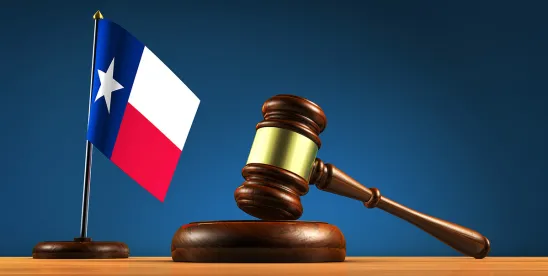Lots of action today. Hopefully you’re all taking note of the FCC’s big rulings.
In other news, a Court in Texas held this week that a single lawyer can represent both an employee that made purported illegal phone calls and the business that employed him/her for that purpose.
The case is McRae v. Am. Protections Plans Llc, SA-19-CV-00945-DAE, 2020 U.S. Dist. LEXIS 110715 (W.D. Tx. June 23, 2020) and the issue was raised in the context of a motion to disqualify defense counsel brought by the Plaintiff. Plaintiff argued that the defendants’ lawyers could not possibly represent both the testifying employee and the business that employed him. While the decision does not fully flesh out the argument—it seems Plaintiff did not articulate the conflict very well—the notion is apparently that the employee could testify in a way that hurts himself and helps the business, putting the defense counsel in an impossible position since both are his clients.
The Court was not impressed. Noting that there was an alignment of interests between the employee and the employer—neither wants Plaintiff to win—the Court noted, at best, the existence of a potential (waiveable) conflict and not an actual existing conflict requiring disqualification.
So there you have it. A single defense lawyer can represent both business and employee in a TCPA suit arising out of calls made by that employee.
That said, and while McRae is undoubtedly correct on the issue, keep in mind that there are a number of tactical reasons why a business may want separate counsel for an employee and ESPECIALLY for a third-party contractor to whom indemnity might be owed. Always happy to chat through these issues.




 />i
/>i

